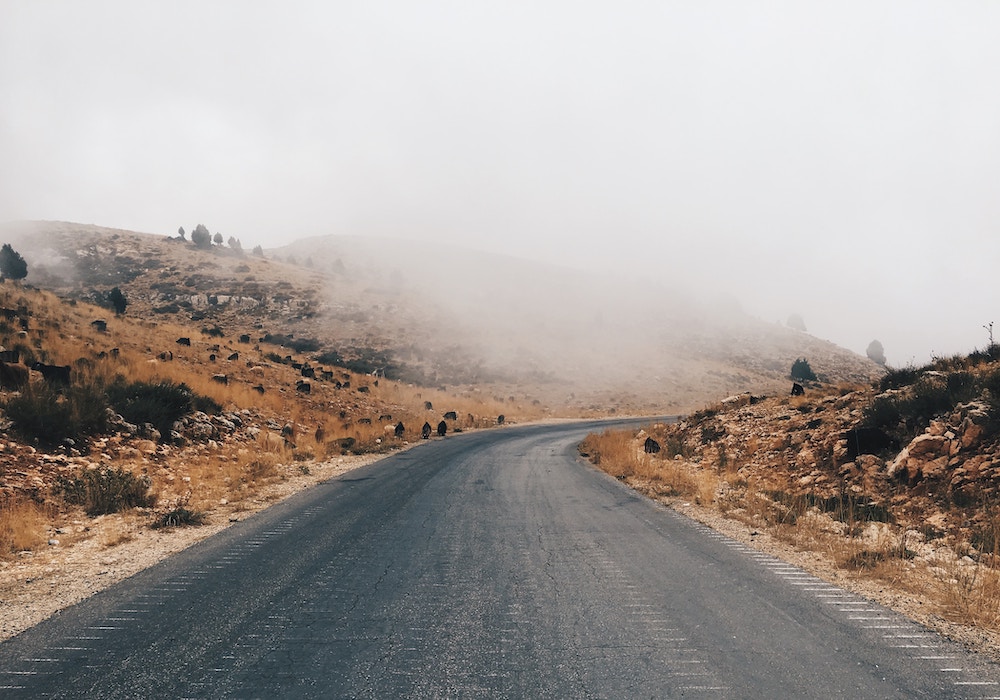—
Discover by Contributor
—











